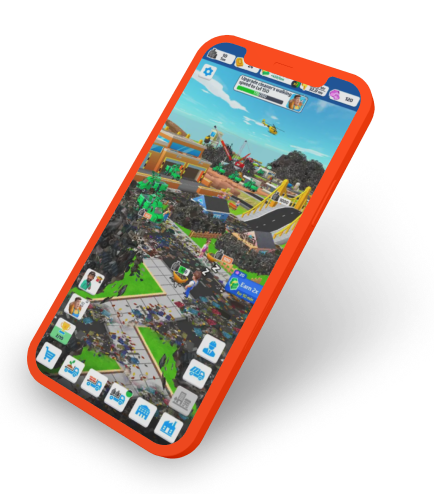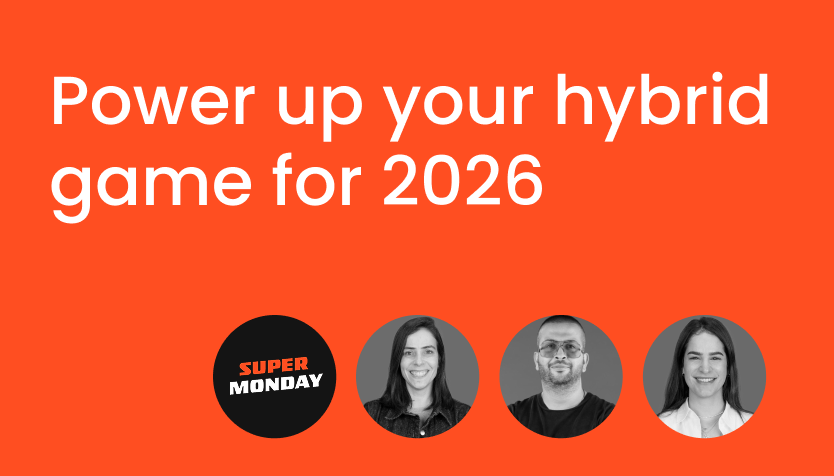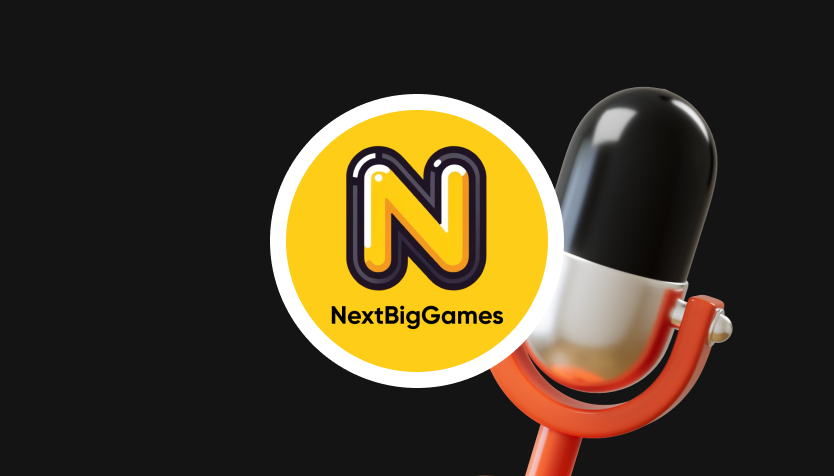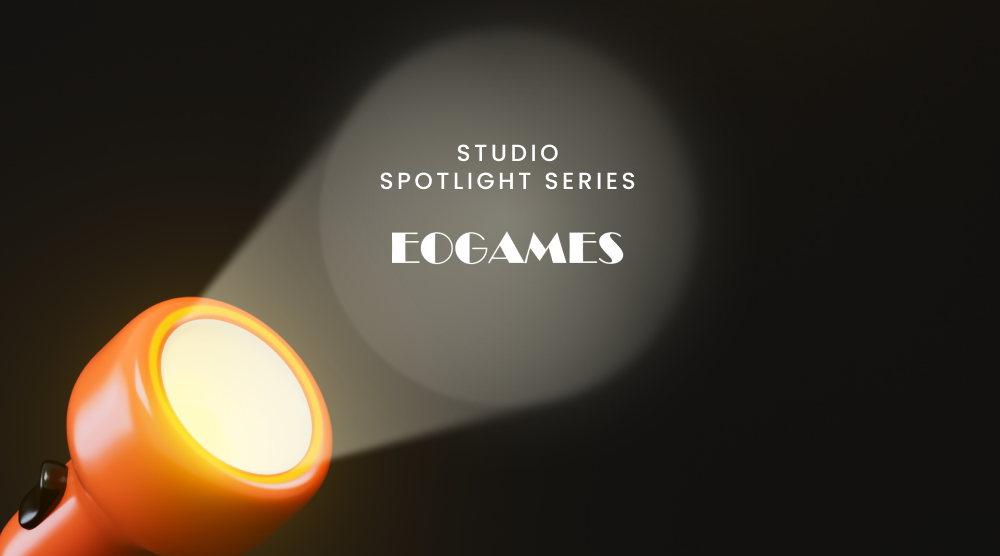Founded in 2017, Funcell Games is a game studio based in India. Over the last 7 years, the studio has published 30 games with over 300 million installs between them. Their latest title, Trash Tycoon, is a hybrid-casual, idle simulation game.
Although only a few months old, Trash Tycoon has already successfully generated significant revenue for Funcell using IAP and rewarded videos (RVs).
Let’s dive into how Funcell turned the title into a hybrid-casual hit with Supersonic.
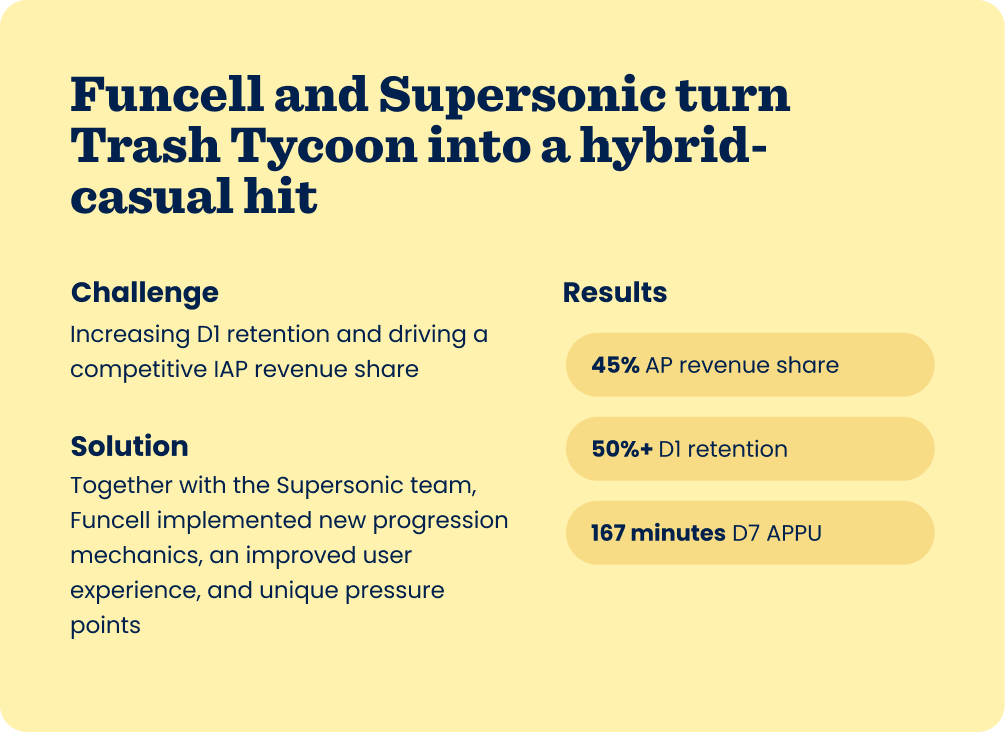
Cleaning can be fun!
Trash Tycoon was inspired by how fun and satisfying cleaning can be. While cleaning their apartment, one of Funcell’s developers was struck by how satisfying it was to clean and and see the space becoming progressively tidier. Using this moment of inspiration, they came up with the idea where players clean a city full of trash.
In testing, the theory of how satisfying cleaning gameplay could be proved true - players responded well to the visual satisfaction of seeing their city becoming cleaner. To leverage this to the fullest, it became a top priority that as users clean, the changes they make persist - if an area is cleaned, it remains clean.
However, due to the first iteration of the game having simpler mechanics, retention was low. The initial marketability results were decent compared to the state of the game, but not strong enough to justify launching it. Many users were finishing the game too quickly - it needed to be built out further if it was going to become a success. Funcell partnered with Supersonic to take the game from promising concept to hybrid hit.
From trash to treasure
A team of 15 from Funcell, together with a game designer and studio manager from Supersonic, took on the challenge of reworking the game and increasing retention. They set up daily brainstorming sessions, with developers and the team from Supersonic team pitching ideas.
Alongside the brainstorming sessions, Funcell and the team from Supersonic deconstructed similar titles to see what worked and what didn’t for other studios.
A common tactic they found that many idle simulation games adopt to drive IAP and RV conversion is delayed gratification. Players need to wait long periods for in-game upgrades to come into effect, but can speed them up by purchasing a boost or watching an RV. However, this has the downside of forcing users to either pay or wait, which can be a killer for retention.
To get around this, Funcell and the Supersonic team decided to use a different tactic: constant progression.
To boost Trash Tycoon’s retention, Funcell and the Supersonic team worked to make sure players are consistently engaged, implementing incremental in-game upgrades to create constant progression. For example, rather than have players wait longer for their bases to upgrade to level 2, players now need to acquire multiple small upgrades that are available in a much shorter window. To make these small upgrades, players need to tap them on the screen - meaning they always had something to do and something to engage with in the game.
While retuning the game with these new progression mechanics, the team discovered a unique pressure point to drive users to engage with IAP and RVs using delayed gratification.
A unique pressure point
To explain the pressure point, let’s first get into the core mechanics of the game: In Trash Tycoon, players have the main goal of cleaning a city. This is done by managing a fleet of trash collection trucks to complete cleaning missions, like collecting trash and dropping it off at the dump. Players receive rewards as they clean and complete missions that they can use to upgrade their fleets and bases. As players complete these missions, they unlock new areas to clean - stretching their resources and requiring them to get more trucks and upgrades to their bases to keep up.
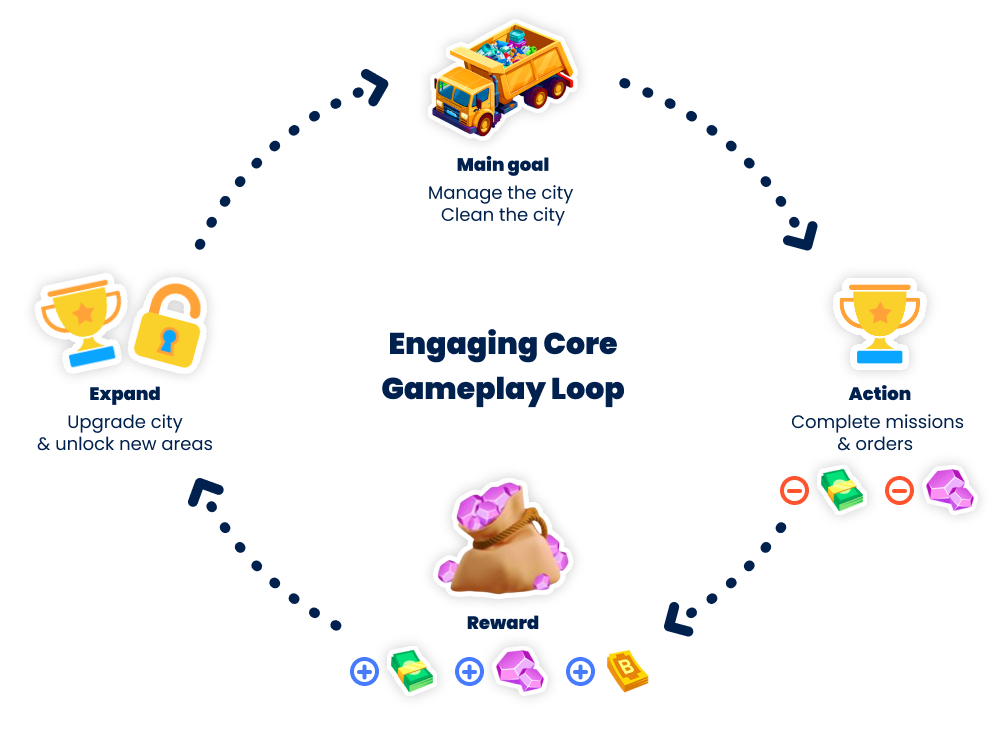
To complete mid and late game tasks, players need a large fleet of trucks. But the more trucks they have, the longer the wait time is to deposit the trash at the dump. This provided another opportunity to use delayed gratification to drive IAP and RV conversions - players can boost the speed at which trucks deposit their trash by making a purchase or watching an RV.
Funcell and the team from Supersonic had discovered a contextually relevant pressure point in that they could use to drive players to convert.
Balancing the economy
Funcell had a clear vision for the content of the game, but updating the pressure points and in-game progression mechanics meant that their in-game economy required extensive rebalancing. To do this, they leaned on Supersonic’s expertise and resources.
After moving the game to soft launch, Supersonic created a dedicated task force to help turn the game into a hit. They provided an internal game economy expert plus access to an AI consultancy firm to assist them in reworking the economy.
The biggest challenge they faced was implementing RVs in the new game progression structure. But with Supersonic’s help, Funcell were able to find the best-performing RV placements that sufficiently rewarded players without making the game too easy and damaging their retention rate.
Creating a cleaner user experience
Supersonic also assisted in polishing the user experience of the game. Their first priority was to create a better user funnel, starting with a new and improved tutorial. Other improvements to the user experience included a better in-game store, more competitive IAP pricing, and a clearer user interface.
With these changes, alongside the new in-game economy and progression mechanics, the game’s retention rate rose sharply - now exceeding the D7 retention benchmark for hybrid game launch, monetizing with an IAP split of 45%, and achieving a D7 APPU of 167 minutes.
Scaling with Supersonic
The game was now ready to scale. To ensure it had the best chance possible at success, Supersonic provided a dedicated data analyst. This data analyst worked closely with Funcell, analyzing granular events for every point of the game and offering valuable insights. Supersonic then created a dedicated data dashboard to help track these insights and optimize the game and economy accordingly.
Once Trash Tycoon started to scale, Supersonic’s motion team designed winning creatives to help it acquire new users. These creatives ended up being so integral that several of the creative concepts were integrated into the gameplay roadmap.
Supersonic and Funcell look forward to the continued success of Trash Tycoon and their partnership. Look out for even more improvements to the game, with a new subscription model and features coming soon.
Let's put these tips to good use
Publish your game with Supersonic

